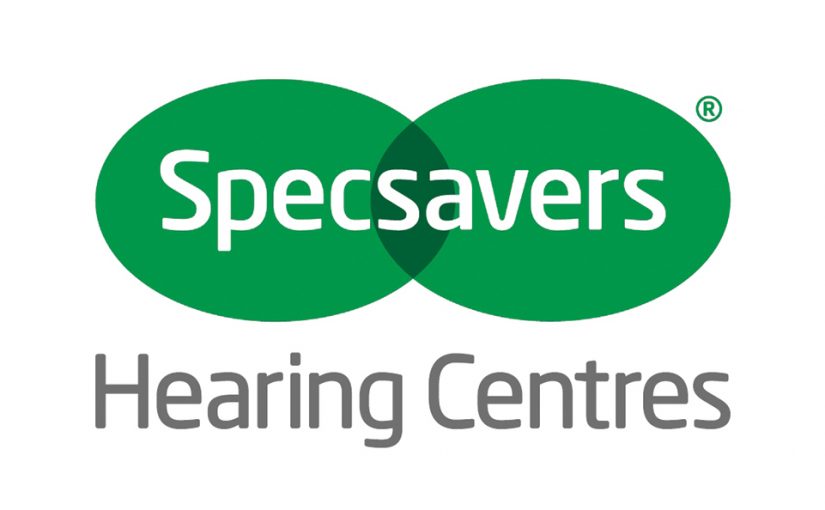The news from Dental Protection last week that 89% of dentists fear that their patients will sue them and that 64% are referring to other dentists as a result must sound like music to the ears of the specialist referral clinic.
It’s not, however, the kind of information that is going to be of much use at career or recruitment fairs.
I did, however, get a giggle from the room at yesterday’s Specsaver audiology conference when I suggested that, although the price point for a digital hearing aid and a dental implant are similar, the dentist has the advantage of being able to sell more than two per patient.
One member of the audience did respond with “we should all retrain as dentists” – little did he know.
Interestingly, the Dentistry Online article that quoted from Dr. Raj Rattan at DPS went on to say:
Dental Protection has highlighted caries diagnosis, periodontal disease and endodontic treatments as key areas for claims.
So apparently it’s not all the flashy “veneereology”, cosmetic ortho and cheaper implant cases that are the problem (“yet” I hear some mutter).
The problems of litigation for dentists were highlighted as primarily caused by poor record keeping, rather than poor dentistry.
Dentistry Online went on to add a helpful link to two other related articles, one suggesting that dentists are now targets for “ambulance chasers” in the legal profession and the news from Wesleyan that mental health issues are the leading cause of income protection claims.
They really do know how to set us up for a happy weekend.
Contrast that with the opening speaker at yesterday’s the Specsavers Professional Advancement Conference, who announced a record 250% growth in audiology sales over the last year and their achievement as #1 in the UK for hearing aids, with over 240,000 hearing tests delivered and 300,000+ appliances fitted.
I appreciate that those numbers include both NHS and private sales but they are nonetheless impressive and delivered largely by a Millennial team (harking back to my comments last week about said demographic).
How do Specsaver account for such success?
It’s a franchise – and we know that franchises are amongst the most successful businesses on earth.
Why? Because they create systems and protocols and ask people to follow them. Can you see many franchises in British dentistry? Or rather a collection of investment-backed corporates mixed in with a cottage industry?
My apologies now for an outbreak of three and four letter acronyms.
My own presentation was comparing and contrasting the role of the TCO in dentistry with that of the Hearing Care Assistant (HCA) in audiology.
The audiology profession takes the role of the HCA very seriously.
The British Society of Hearing Aid Audiologists (BSHAA) is the professional body which represents Hearing Aid Dispensers (HAD) who are registered with the Health & Care Professions Council (HCPC) – had you heard of them?
The Education and Professional Practice Committee of the BSHAA has undertaken to develop and describe a Hearing Care Assistant role as part of the wider hearing care team.
The primary aim of the development of the HCA role has been:
1. to enhance client access to hearing care services by adding capacity to the hearing care team;
2. to enable clients with more complex needs to be given greater attention by a HAD;
3. to provide clients and carers with more time to discuss the practical aspects of their care needs;
4. to develop a career pathway which will support progression into the Hearing Aid Dispenser profession;
5. to facilitate sustained capacity and quality of service to meet the increasing demands for hearing care from an ageing population;
6. to improve standards of client aftercare by creating a skilled support workforce.
The HCA training manual created by the BSHAA includes a detailed description of the ideal patient journey, a summary of the key attributes of the successful HCA as well as links to numerous other sources of information and an invitation to apply for student membership of the Society.
So you might be forgiven for wondering why they were interested in what dentists are up to with TCOs?
I have to admit I did feel somewhat on the back foot and didn’t make too big a fuss. After all, as far as I can tell, less than 10% of independent dental practices in the UK have introduced either full or part-time TCO services. Additionally, is there a recognised and accredited educational programme for TCOs? Do they have a career pathway? Is there a professional body or association that can be seen to be representing their interests?
May I suggest that if more dentists had the benefits of an effective TCO in their team, they might also have more time to get their notes up to date and less risk of being sued?
Just saying.
I don’t train TCOs – there are some very talented people doing that out there in the dental market.
Perhaps we could all learn from what is happening in audiology, from Specsavers meteoric growth and from the development of the HCA as a recognised and very professional part of the hearing care team.


Spot on Chris…. I just finished reading the e-myth by Michael Gerber (an old book I know) and that gives great dot to dot map of how to create a said franchise model in any small business. Just wish I’d read it years ago!
Enjoyed the article Chris, keep up the good work.
Dr Colin Priestland
NQ Surgical Dentistry
https://www.nqsurgicaldentistry.com.au/dental-implants-townsville/